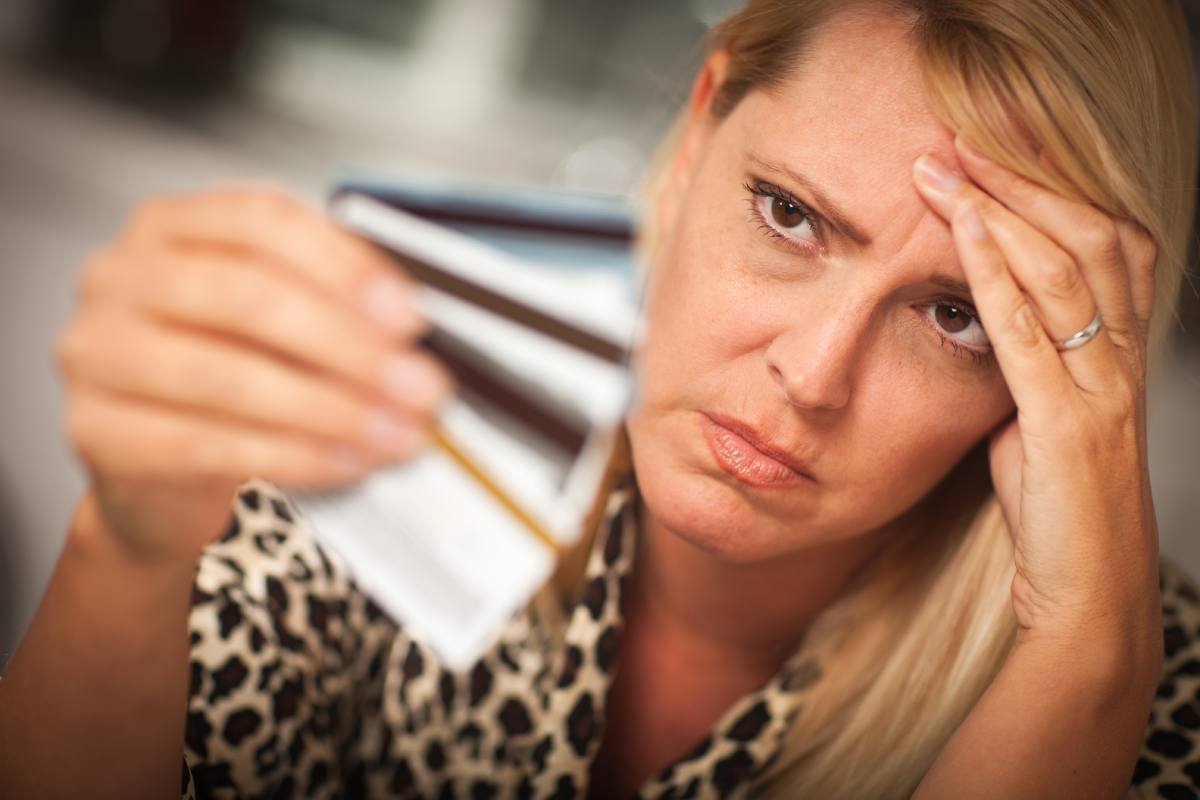

 Shopping addiction and gambling addiction are both compulsive behaviors, and they can go hand in hand. Both are characterized by a loss of control over impulses, whether the individual feels driven to make unnecessary purchases (shopping addiction) or compelled to place bets or engage in wagering activities beyond their means (gambling addiction).
Shopping addiction and gambling addiction are both compulsive behaviors, and they can go hand in hand. Both are characterized by a loss of control over impulses, whether the individual feels driven to make unnecessary purchases (shopping addiction) or compelled to place bets or engage in wagering activities beyond their means (gambling addiction).
Both shopping addiction and gambling addiction activate the brain’s reward system, initially leading to feelings of pleasure and reinforcement. Making purchases or winning bets can trigger a release of dopamine, the brain’s “feel good” neurotransmitter, which reinforces the addictive behavior and encourages repeated engagement.
Like gambling, shopping can serve as a form of escapism or a coping mechanism for people experiencing stress, anxiety, or other emotional distress. Shopping may provide temporary relief or a distraction from negative emotions, similar to how gambling can serve as a means of avoiding or numbing emotional pain.
Both addictions can result in significant financial consequences, including debt, financial instability, and strained relationships. People may continue to engage in addictive behaviors despite financial losses, leading to further distress and exacerbating the addictive cycle.
Shopping addiction and gambling addiction may stem from underlying psychological factors such as low self-esteem, impulsivity, or unresolved emotional issues. Treating these underlying issues can be beneficial in addressing both addictions simultaneously and promoting long-term recovery.
By treating shopping addiction and gambling addiction together, Gambling Clinic of Texas can address the common underlying factors contributing to both addictive behaviors, help individuals develop coping strategies to manage impulses and triggers, and promote overall emotional well-being. Additionally, integrating the approaches can help individuals understand their addictive patterns better and develop healthier coping mechanisms, which can lead to sustainable changes in behavior.